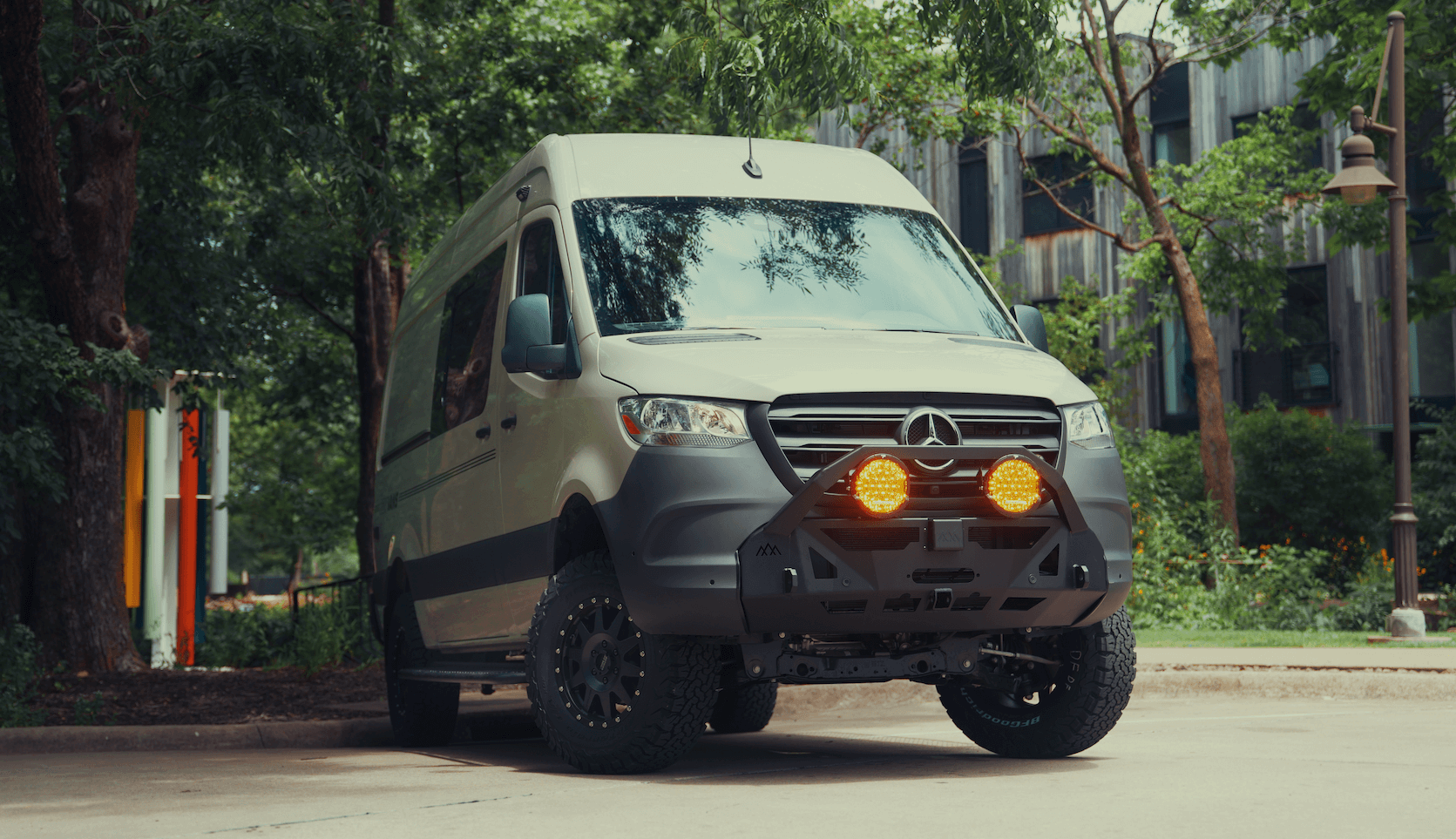Recreational Vans

A panel van conversion turns a bare cargo shell into a compact living or working space. Most projects begin with platforms like Ford Transit, Mercedes Sprinter, or Ram ProMaster because they offer tall roofs, straight walls, and strong aftermarket support. Core decisions include wheelbase, roof height, payload capacity, and whether you need all wheel drive or simple highway manners. The best conversions start with a use case map that anchors every choice to daily routines.
Common build elements cover structure, climate, and systems. Structure includes flooring, wall panels, insulation, cabinetry, and bed or bench frames. Climate control blends airflow and heat management through roof fans, window placement, and heaters or air conditioning strategies. Systems span a 12 volt electrical network, an inverter for 120 volt loads, water storage with a pump, and safe fuel handling when applicable.
Evaluate the van for rust, leaks, and factory tie down points before cutting or drilling. Clean the floor, treat any oxidation, and seal seams. Add sound deadening to large panels to reduce resonance. Plan penetrations for roof fans, heaters, and windows early so wiring, cabinets, and structure do not interfere later.
Size your electrical system around daily watt hours, not guesses. List every device, multiply by hours of use, and add headroom for cloudy days. Lithium batteries save weight and deliver stable voltage; pair with DC to DC alternator charging and solar for flexibility. Ventilation typically centers on a roof fan placed near the galley or bed for cross flow. In cooler climates, diesel air heaters are efficient and frugal. Always include carbon monoxide and smoke detection and place extinguishers within easy reach.
A practical layout uses a freshwater tank, a compact pump, a strainer, and a simple accumulator. Keep lines short, protected, and easy to drain for winter. Grey water capture can be internal or underslung with a vent and drain. Many travelers use a cassette or portable toilet to save space. If you include a shower, a quick rinse setup with a mixing valve often beats a full stall in small vans.
Successful panel van conversions balance weight, durability, and comfort. Composite or birch ply cabinetry holds up well on rough roads. Use marine grade fasteners and lock washers to resist vibration. For flooring, choose a moisture tolerant subfloor with insulation below and a wear surface like coin, vinyl plank, or rubber. Secure every module to the van’s structural points, not thin sheet metal.
Insulation is as much about condensation management as warmth. Use a combination of foam board or sheep’s wool in cavities and a thermal break against metal ribs to reduce cold transfer. Avoid trapping moisture behind impermeable layers without ventilation. Add a vapor path via controlled airflow and keep bed spaces ventilated. Thermal curtains and insulated window covers help stabilize interior temperatures.
Wire for present and future loads with proper gauge, color coding, and labeling. Protect every circuit with appropriately sized fuses or breakers and include a main disconnect. Keep high current runs short and bus bars tidy. Mount inverters, chargers, and batteries with clearance for heat dissipation. Route low voltage and data lines separately from AC to reduce interference.
Weigh each component and track totals against the van’s gross vehicle weight rating. Concentrate heavy items like batteries and water low and centered to preserve handling. Consider upgraded suspension, helper springs, or shocks when adding significant mass. Choose tires that match the mission, from quiet highway tread to all terrain patterns for gravel and mild trails. Aim for balanced axles to avoid premature wear.
Timelines vary from a few weekends for minimal builds to several months for full off grid rigs. Budgets scale with materials, electrical capacity, and custom fabrication. Build in contingency for surprises such as rust repair or additional sound damping. Tooling, workspace, and safe lifting equipment also matter when planning.
Compliance and safety deserve early attention. Cutting roof holes affects structure and waterproofing, so use templates and sealants designed for automotive applications. Propane systems should include hard mounted tanks, regulators, leak detection, and ventilation. Electrical work must follow best practices for fusing and cable size. Secure all cargo to withstand sudden stops. Check local requirements for modifications, added seats, or changes that affect registration and insurance.
When the goal is reliability on day one, a professional panel van conversion service can compress learning curves and eliminate rework. Specialists design around real use cases, integrate systems cleanly, and test every circuit and seam before handoff.
To explore finished layouts and package paths, see Recreational vans. If you want a purpose built interior designed around your travel rhythm, visit Custom van build. Looking for a platform that can qualify for financing, browse Financeable vans.
Strong builds come from listening first and mapping needs to design. Whether you prioritize bikes and boards, remote work, or long stays off grid, the best panel van conversion puts function ahead of flair and keeps safety non negotiable.
Tell us where you are headed and what you carry. OZK Customs engineers complete custom builds and partial upfits for adventure vans, overland trucks, and commercial applications built in Fayetteville Arkansas. Our team handles cabinetry, electrical, heating, water, and integrations with proven components, then delivers a clean walkthrough before you roll. Share your trip plan and we will translate it into a durable, quiet, and efficient interior that feels natural on day one. Start your plan today and drive a panel van conversion that is ready for the miles ahead.
Ready to skip the guesswork and get a purpose built van? Tell us how you travel, we will engineer the layout, power, and storage to fit. Start your OZK Customs build plan now and drive away with a dialed, dependable conversion.
ADDRESS:
6159 E Huntsville Rd, Fayetteville, AR 72701
PHONE:
(479) 326-9200
EMAIL:
info@ozkvans.com